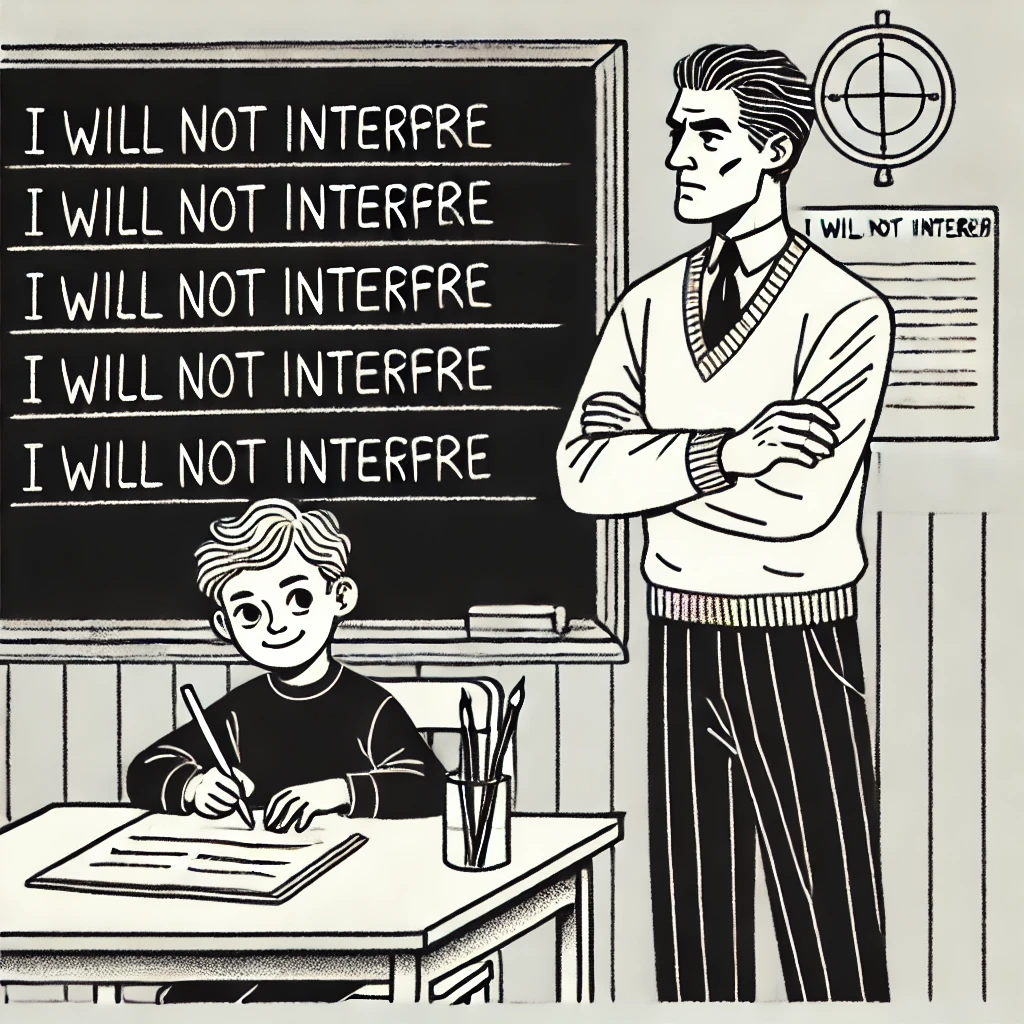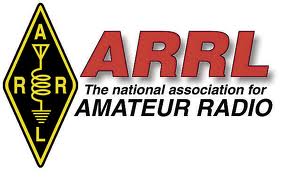FCC Enforcement of Purposeful Interference in Amateur Radio
The Federal Communications Commission (FCC) plays a vital role in maintaining the integrity of the radio frequency spectrum, including the enforcement of rules against deliberate interference in the amateur radio service. Purposeful or malicious interference—such as jamming, repeated unauthorized transmissions, or harassment—undermines the spirit of cooperation that defines amateur radio. Over the years, the FCC has taken various enforcement actions to address these violations, ensuring fair and lawful use of the airwaves.
What is Purposeful Interference?
Purposeful interference occurs when an individual intentionally disrupts communications on amateur bands. This can take the form of:
- Jamming (transmitting noise or signals to prevent communication)
- Broadcasting prohibited content (like music or political rants)
- Failing to identify with a call sign
- Using false or stolen call signs
- Harassing or taunting other operators
Such behavior not only violates FCC Part 97 regulations but also threatens the amateur radio community’s credibility and public service function, especially during emergencies.
Recent Enforcement Trends
The FCC continues to investigate and take action against amateur operators who intentionally violate the rules. In recent years, many enforcement actions have focused on repeat offenders who create ongoing problems on commonly used HF frequencies, particularly where traffic or emergency nets operate.
For instance, the FCC has issued Notices of Violation (NOVs) and Notices of Apparent Liability for Forfeiture (NALs)—the latter being proposed fines—against operators found to be causing repeated interference. These actions are typically the result of complaints filed by other hams, often supported by recorded evidence and direction-finding reports.
In one well-publicized case, an operator was fined $25,000 for causing deliberate interference to a repeater system and failing to identify properly. In another, an individual had their license revoked after years of noncompliant and hostile behavior, including interfering with emergency nets.
Monitoring and Reporting
The FCC relies heavily on amateur radio operators to report interference. Tools like the ARRL Official Observer program (now called the Volunteer Monitor program) assist in gathering evidence and educating offenders before formal enforcement is necessary.
Operators are encouraged to document interference with:
- Date, time, and frequency
- Audio recordings
- Direction-finding efforts
- Logs of transmissions or patterns of behavior
This data is vital for FCC field agents, who use mobile and remote direction-finding systems to verify and locate sources of interference.
Why Enforcement Matters
FCC enforcement is essential to preserving the cooperative and service-oriented nature of amateur radio. While most operators respect the rules and each other, enforcement actions act as a deterrent and a reminder that the privilege of using the airwaves comes with responsibility.
In addition to protecting hobbyist operations, enforcement safeguards amateur radio’s role in emergency communications, where interference can have life-threatening consequences.
Conclusion
Purposeful interference is a serious offense in amateur radio, and the FCC continues to take firm action when needed. By promoting self-regulation, encouraging documentation, and responding to violations, the FCC supports a respectful and orderly radio environment—one where hams can continue to experiment, communicate, and serve the public without fear of disruption.








